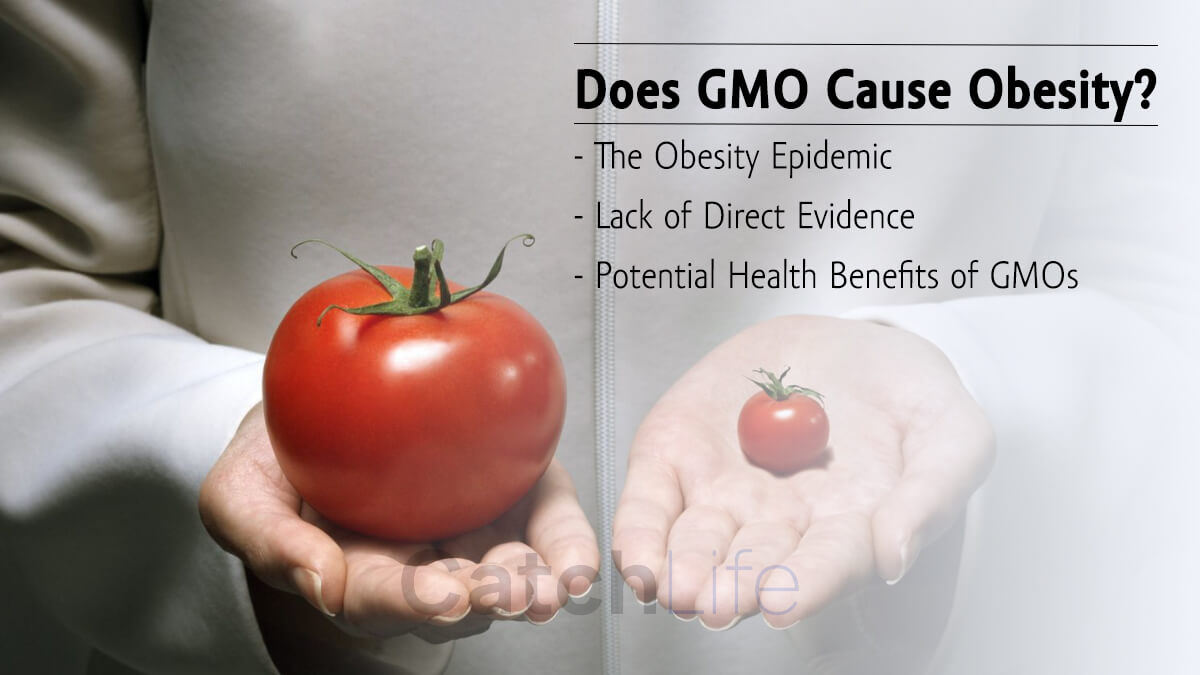Obesity has become a common problem that affects millions of people all over the world. Obesity has negative effects on society, but it is a significant threat for a person’s health in a serious way.
Cardiovascular System
Too much weight puts too much stress on the heart and blood vessels, which raises the risk of heart disease, high blood pressure, and stroke. Heart as an organ has to work harder to get enough oxygen and nutrients to all parts of the body because the extra fat makes the heart’s functions harder.
Over time, this can lead to atherosclerosis, a disease in which fatty deposits build up in the arteries, reducing blood flow and increasing the risk of heart attacks and strokes. Also, fat is linked to abnormal lipid profiles with high levels of triglycerides and low levels of HDL (good) cholesterol, which makes the chance of heart problems even higher.
Respiratory System
The breathing system is very much affected by being overweight. Too much weight can put pressure on the lungs and chest area, making it hard to breathe and lowering the amount of oxygen that can be taken in.
This can lead to conditions like sleep apnea, in which breathing stops and starts during sleep, and obesity hypoventilation syndrome, in which poor breathing causes the blood to have little amount of oxygen and too much carbon dioxide. People who are overweight are also more likely to get lung infections and have more problems during anesthesia and surgery.
Musculoskeletal System
The joint system is put under too much stress when too much weight is carried. People who are overweight often have joint pain, especially in the knees, hips, and lower back. This is because their weight puts more pressure on these weight-bearing joints.
Osteoarthritis, a painful joint disease, is more common in obese people. This makes it harder for them to move around and lowers their general quality of life. The extra weight can also cause muscle weakness and instability, which can cause physical stability problems.
Endocrine System
The balance of hormones in the body can be negatively affected by obesity, which can lead to a number of hormonal diseases. Adipose tissue, or fat cells, make hormones and inflammatory chemicals that have negative impact on how insulin works. This is called insulin resistance, and it makes you more likely to get type 2 diabetes.
Also, fat is linked to hormonal changes that can be a burden for women’s fertility & reproductive system and make her more likely to get polycystic ovarian syndrome (PCOS). People who are overweight are also more likely to get cancers like breast and uterine cancer that are caused by hormones.
Gastrointestinal System
Being over-weight is linked to a number of stomach problems. Conditions like gastric reflux disease (GERD) and gallstones can be caused by having too much body fat.
Also, being overweight makes you more likely to get non-alcoholic fatty liver disease (NAFLD), which is when fat builds up in the liver and can lead to more serious liver illnesses like cirrhosis. Colorectal cancer is also more likely to happen if you are overweight.
Mental Health
Obesity not only affect your physical health, but also your mental health. People who are overweight unfortunately often experience body-shaming and abuse, which can lead to low self-esteem, problems with how they look, and depression, anxiety.
Also, people who are overweight are more likely to have mental health problems like anxiety disorder and binge eating disorder. This creates a dangerous cycle in which poor mental health can make people keep making unhealthy decisions. For complete control over the issue, it is important compherend both social and psycohological outcomes of being overweight.
Final Thought
Obesity affects numerous organ systems and increases the risk of chronic illnesses. Obesity involves lifestyle adjustments, dietary changes, frequent physical exercise, and medication intervention. We can promote healthy behaviors and reduce the burden of obesity on people and society by knowing its effects on the body and psychology. To battle obesity and its health concerns, prevention, education, and support are essential.





Get Free Quote